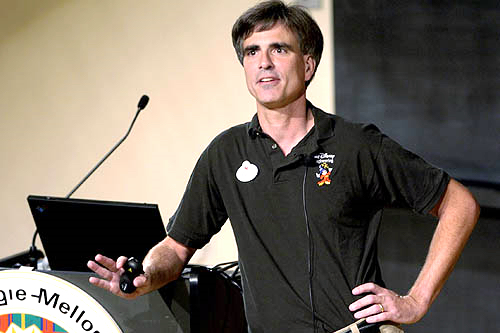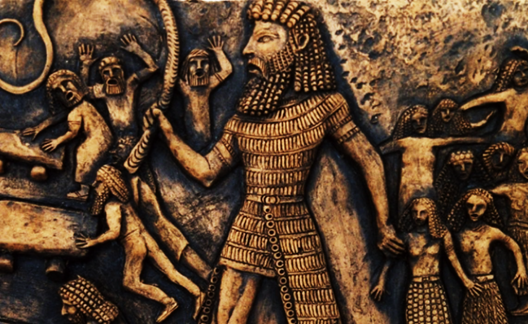The Harvest or the Seeds
As I get older, my Weltanschauung changes. I wrestle with determining all the reasons why things are morphing, but I have some tentative reasons. When I was young, I viewed life from the perspective of the present. I had things to do and places to go. It was an open-ended mindset.
I traveled to Europe and spent a year of post-graduate studies at the U. of Edinburgh, Scotland, a half-century ago. I rented a flat at Ramsey Gardens, located next to the castle and a short walk to class at New College.
However, the Royal Mile started at the castle and went down the Mound to Holyrood. One of the pubs that I would pass and visited often was Deacon Brodie’s Tavern.

Deacon Brodie was seen as a good craftsman who made furniture and cabinets. He was also a locksmith. However, after the sun went down, Brodie would use his daytime jobs to rob the homes of people for whom he had done woodworking.
Deacon Brodie was the basis of Robert Louis Stevenson, Strange Case of Dr. Jekyll and Mr. Hyde. Stevenson was born in Edinburgh in 1850. He had a most amazing short life and died at the age of forty-four from bronchitis. His breathing problem started when he was a small child and got worse over the next few decades until his death.

Despite being sick most of his life, the last two or three years were his most prolific writing time. This is a list of some of his novels in that brief timeframe: Treasure Island, Kidnapped, Strange Case of Dr. Jekyll and Mr. Hyde, The Black Arrow: A Tale of the Two Roses, A Child’s Garden of Verses, and Underwoods.
So, what is my takeaway from Stevenson? He wrote, “Don’t judge each day by the harvest you reap but by the seeds that you plant.” I’m in my twilight years. While I still have things to do and places to go, I have done the dance with death twice and know my clock is ticking. Life isn’t about me. Stevenson’s life wasn’t about himself either. He wasn’t driven by the harvest that he was reaping. What motivated Stevenson were the seeds that he was planting for those that came after him. That resonates with me.
Five thousand years ago, Gilgamesh ruled Uruk, a Sumerian city-state five millennia ago. He realized that his immortality wasn’t possible. He concluded, “Forget death and seek life.” Living life for Gilgamesh was in his helping others as they journeyed down their yellow brick roads of life. Interestingly, those noble efforts of helping others provided him with a type of immortality. Gilgamesh has been remembered for five thousand years. Therefore, Stevenson and Gilgamesh grasped the meaning of their being.
Why are you here at this moment of time? The choice is simple; it is either what you reap or the seeds that you plant. Choose wisely.
Follow @mountain_and_me











